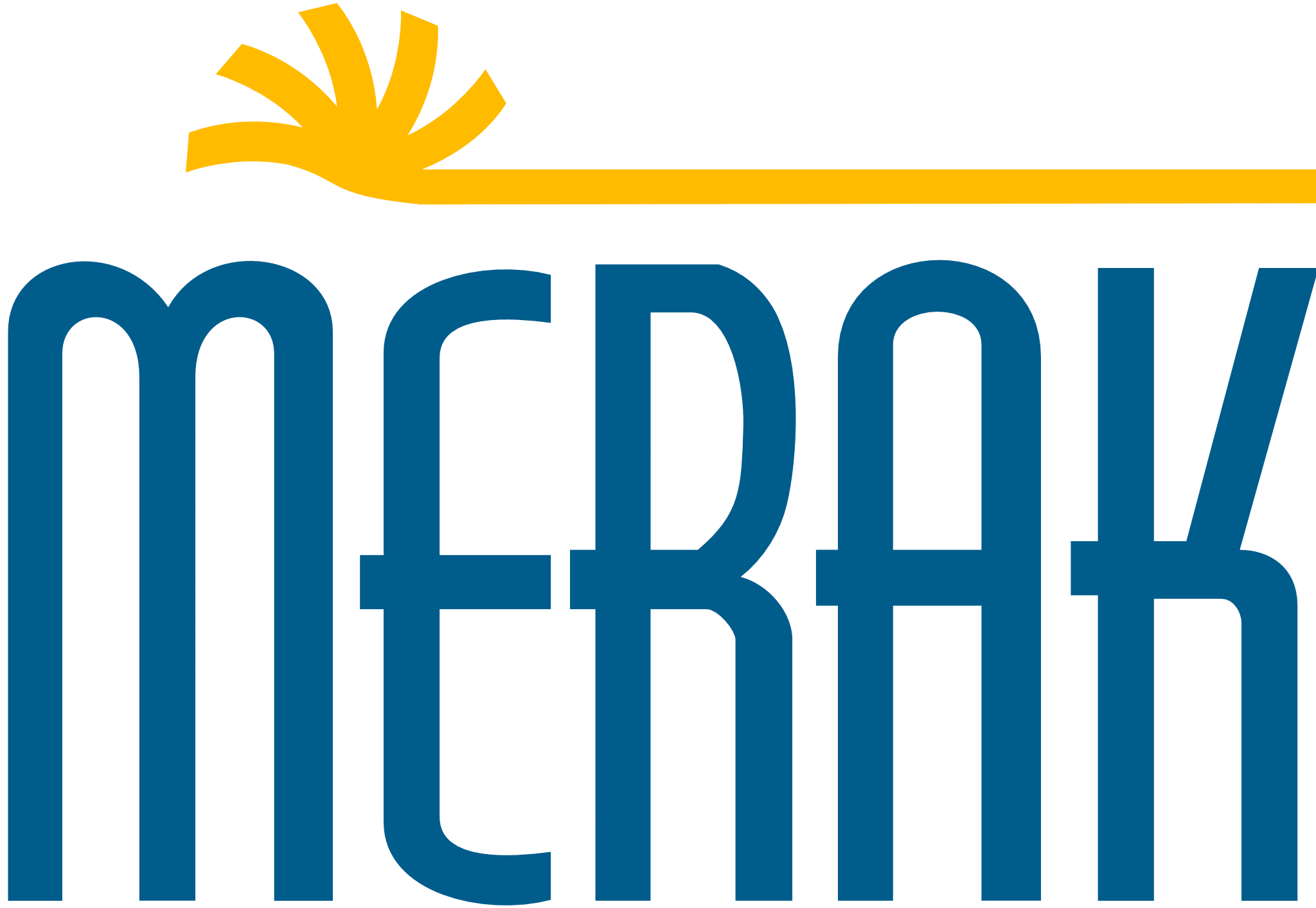Episode 69
The world is a complex place. There is far more knowledge than any single individual could realistically understand. It is a chilling thought that no matter how hard you try, there will always be far more that you do not know, than know. Even a practiced learner will find that if knowledge is not regularly applied, it is lost in time. This means that if an individual wishes to complete a complex task they may be reliant on others. This model also scales up to the team and organization levels. If we look at any major human achievement it was from the result of thousands of individuals working together. This blog will argue that it is ok to not know things, provide a simple framework for defining solution types, and hopefully give some comfort to those overwhelmed by how little they know.
We have likely all come across the Dunning-Kruger effect, which is a cognitive bias where people with low ability at a task overestimate their ability. With the opposite bias being imposter syndrome, where high performers doubt and underestimate their skills. The one pattern I have observed is that individuals I have regarded as extremely competent are typically most comfortable with acknowledging both uncertainty and a lack of knowledge to appropriately address an inquiry. It takes little effort to see this phenomenon in action; simply contrast predictions/opinions between commentators and experts related to any complex current event. Our day-to-day challenges operate under similar mechanics, from simple tasks like how to split a date into its components in Excel, how to replace a piece of aging software technology, or how to best position our organization to take advantage of the emerging Metaverse.

With the Excel problem it can be classified as either a known or searchable solution. If known, the knowledge to implement the appropriate commands are known, but if not, the solution is likely available somewhere on the internet. For more complex problems known solutions involved a team and lessons learned were documented, with searchable solutions that may have involved research and business case development prior to implementation. Modern search engines have been a revolutionary technology. Gone are the days where one is required to memorize facts; now mental capacity can be focused on how best to process and rationalize information.
In the example of replacing aging software, the solution could be a discoverable one. A discoverable solution is differentiated from a searchable one in that the knowledge is not readily available. For instance, legacy software has been replaced numerous times by other organizations, but the specific software used by your organization is unique to your organization so there is no clear relationship. Another way to see discoverable solutions is as trade secrets, a market solution is available but “the how” will need to be reverse engineered. The core question remaining is whether the organization has the capacity and resources to discover such a solution. Would it need to seek outside help or build the capacity over time?
Lastly, there are novel solutions where no one has done it before. What does a fully augmented reality business look like? What systems and technology would we need for customers to see value in this new virtualized space? The competencies to commercialize research and development discoveries are no easy task. Tackling novel solutions is a high risk but high reward exercise as the investment builds knowledge in areas that might be very difficult to replicate, while providing the organization a first mover advantage.

With a simple solution classification system in hand, I want to make the argument that in today’s rapidly changing environment if your organization is not faced with seeking out unknown solutions, it is likely not innovating at a pace to remain technology relevant in the long term. Often, we will be faced with a situation where we do not know the answer and that is ok.
These forces are up against a culture that admires expert knowledge and mastery. There is room for deeply focused subject matter experts but at the same time, the deeper the specialization, the more reliant an individual or team will be on others when the scope of a problem expands across the bounds of their competency. Likewise, as technologies change, skill demands change as well. In the software development space, frameworks, development tools, architectures, and desired features change so rapidly that experts in this space must be constantly learning and experimenting to remain relevant. Therefore, it is critical that at all scales curiosity is encouraged. So be curious; it is ok to not know.
Last Updated: July 10, 2025



